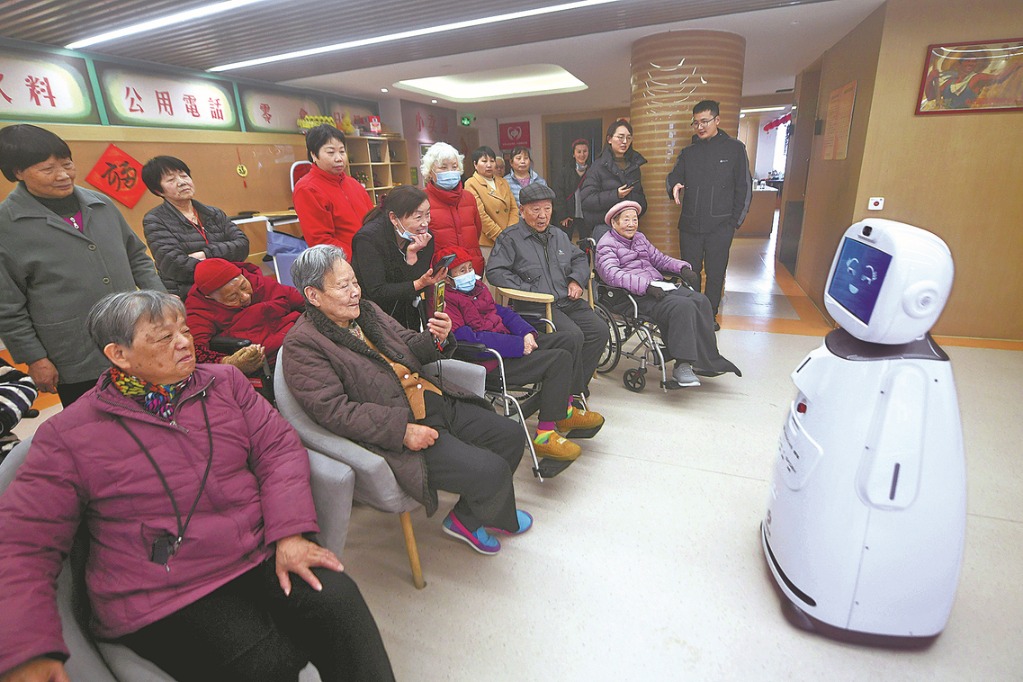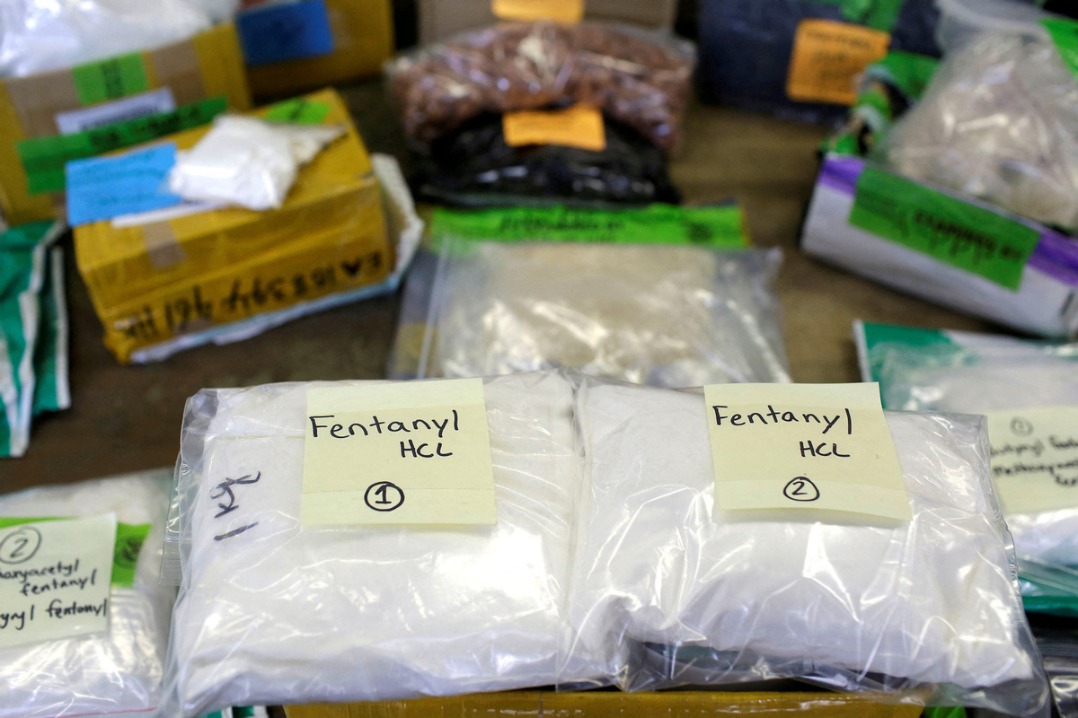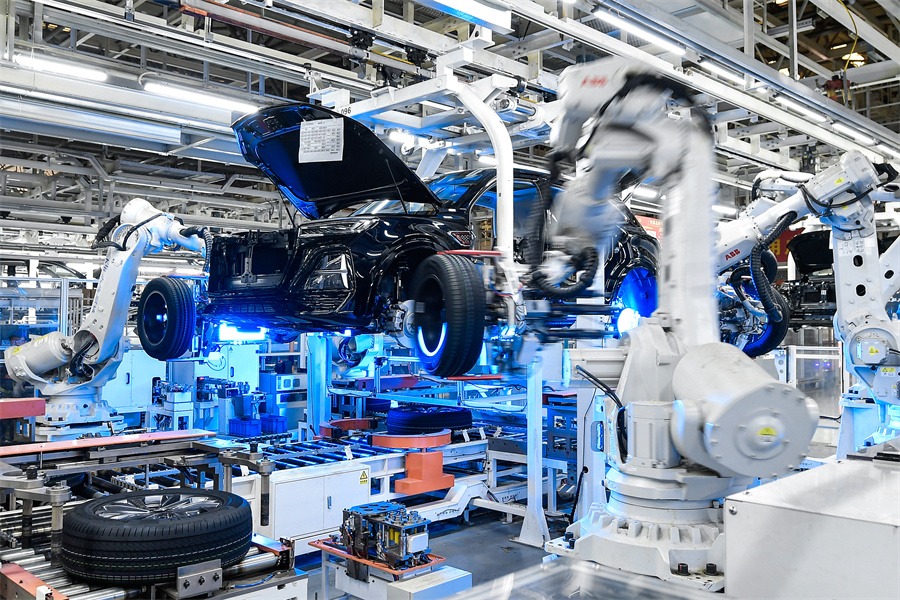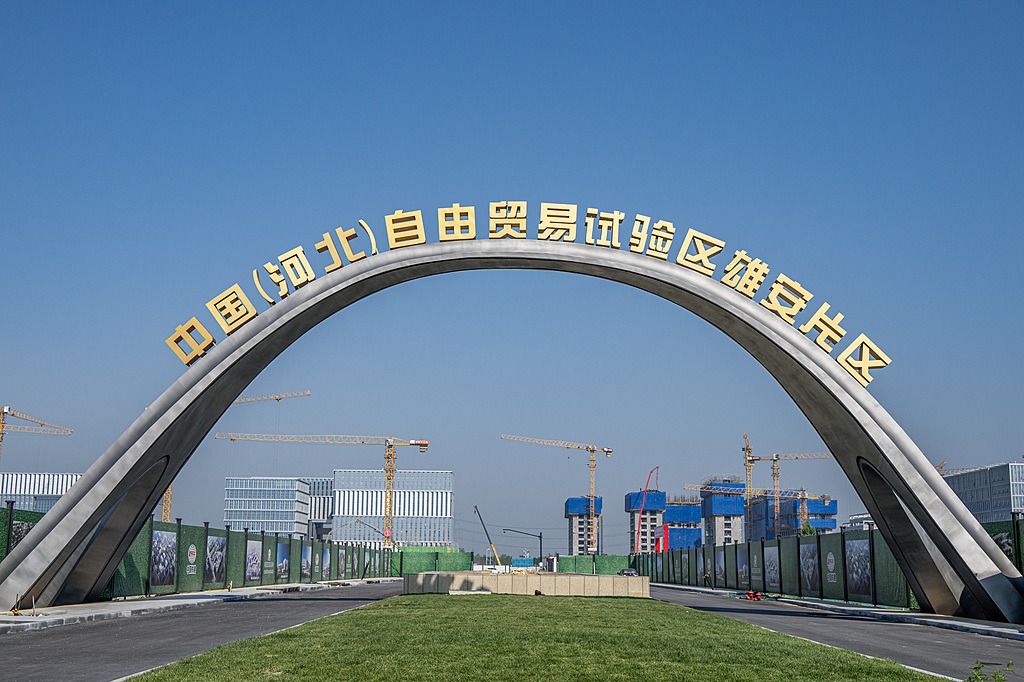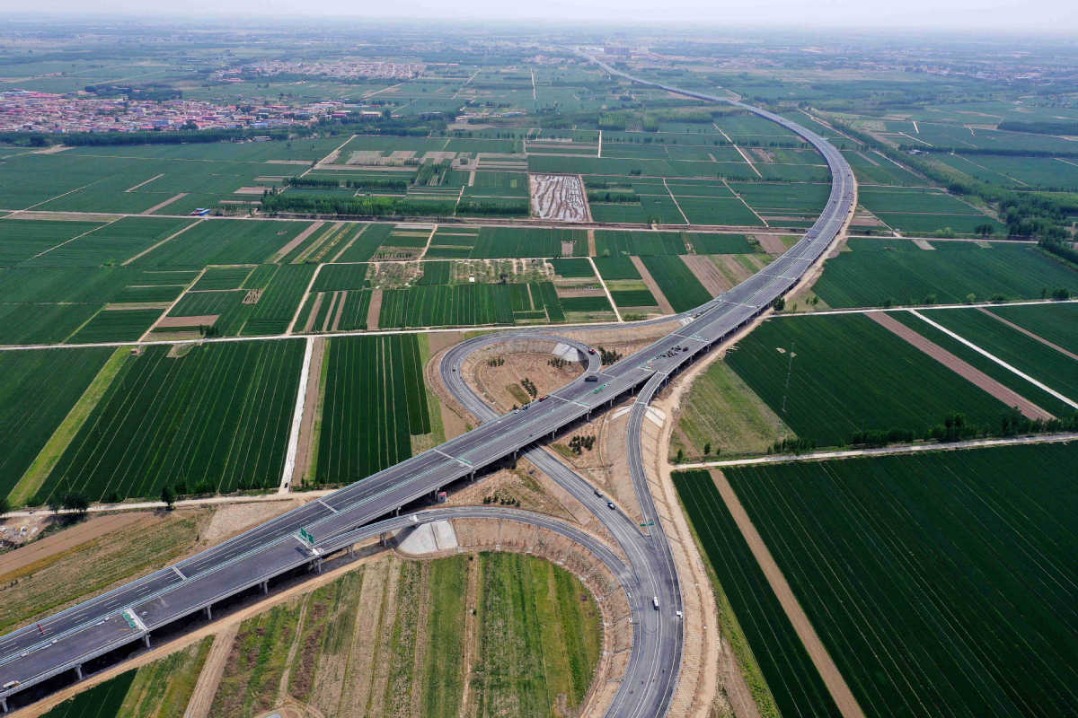Vegetable supplies should be ensured during lockdowns


The COVID-19 outbreaks have prompted local governments to implement stricter prevention and control measures, including lockdowns, in some metropolises such as Shanghai and Shenzhen, and some places in western and northeastern China.
Although people, in general, are satisfied with the government's strict prevention and control policy, because they believe it can help contain the spread of the novel coronavirus and better protect public health, many have raised concerns on social media whether stable food supply, especially vegetable supply, can be maintained during lockdowns.
Maintaining stable vegetable supplies during emergencies is as critical as providing proper medical services to protect people's health and life.
To answer this question, we need to figure out how food shortage happens in the first place.
According to a recent consumer survey, people usually stockpile roughly five times the normally needed amount of food during lockdowns. Such a sudden, high rise in the demand for food will have an instant impact on the supply chains. That's why we see meagerly stacked shelves at some supermarkets during lockdowns.
The movement of vehicles, including those transporting food products, is restricted because of strict anti-pandemic measures, including lockdowns, in some places. So reports of food shortage during lockdowns do not necessarily mean there is a real shortage of food. They could mean inadequate supply of food products due to the sudden and high rise in demand.
The food supply chains, which extend from farm to fork in modern societies, are complex and intertwined, not least because they involve multiple sectors such as agricultural production, freight and fresh food retail. And the supply chains in China's urban areas are even more complex given the country's large population.
Some media reports from Shanghai say local farmers in Shanghai's Pudong district cannot transport their vegetables to the markets in Shanghai or other cities because relatively few vehicles have been given freight permits owing to the strict anti-pandemic measures.
The good news is that the Shanghai local authorities have promptly responded to people's concerns over vegetable shortage, by issuing more freight permits to vehicles.
The "last mile" between retailers and consumers has also been affected by delivery constraints. In Shanghai, for instance, an urgent recruitment notice issued by a renowned online retailer has been widely circulating on social media these days, indicating most of its staff are either locked at home or cannot commute to work.
Shortage of employees affects the efficiency of food delivery services, especially when demand is diversified and cannot be completed through standard procedure.
Many are not reporting for work also because ordinary people, including delivery personnel and those working for groceries and other establishments, are reluctant to get back to work for fear of being infected. This has upset the market mechanism and regular transactions, leading to malfunctioning of the vegetable supply chains, and this applies to other essential businesses, too, including drug supply and medical services.
In order to minimize the effects of lockdowns on people's livelihoods, the authorities need to make the vegetable supply chains more resilient and efficient, perhaps with the collaboration between the government and other market players. The government should also strengthen the urban lifeline system and further improve infrastructure and its functions.
In this regard, the government could consider using advanced technology to strengthen the supply chains and make business operation smoother. Also, the market should be allowed to play a more decisive role during emergencies, in order to ensure consumers' diversified demands are met and there is least disruption in the market operations.
In addition, the local authorities need to make detailed and scientific plans before and during lockdowns as regular supply of vegetables is very important to residents.
The author is a professor at the Department of Social& Ecological Studies, Chinese Academy of Governance. The views don't necessarily represent those of China Daily.
If you have a specific expertise, or would like to share your thought about our stories, then send us your writings at opinion@chinadaily.com.cn, and comment@chinadaily.com.cn.


















